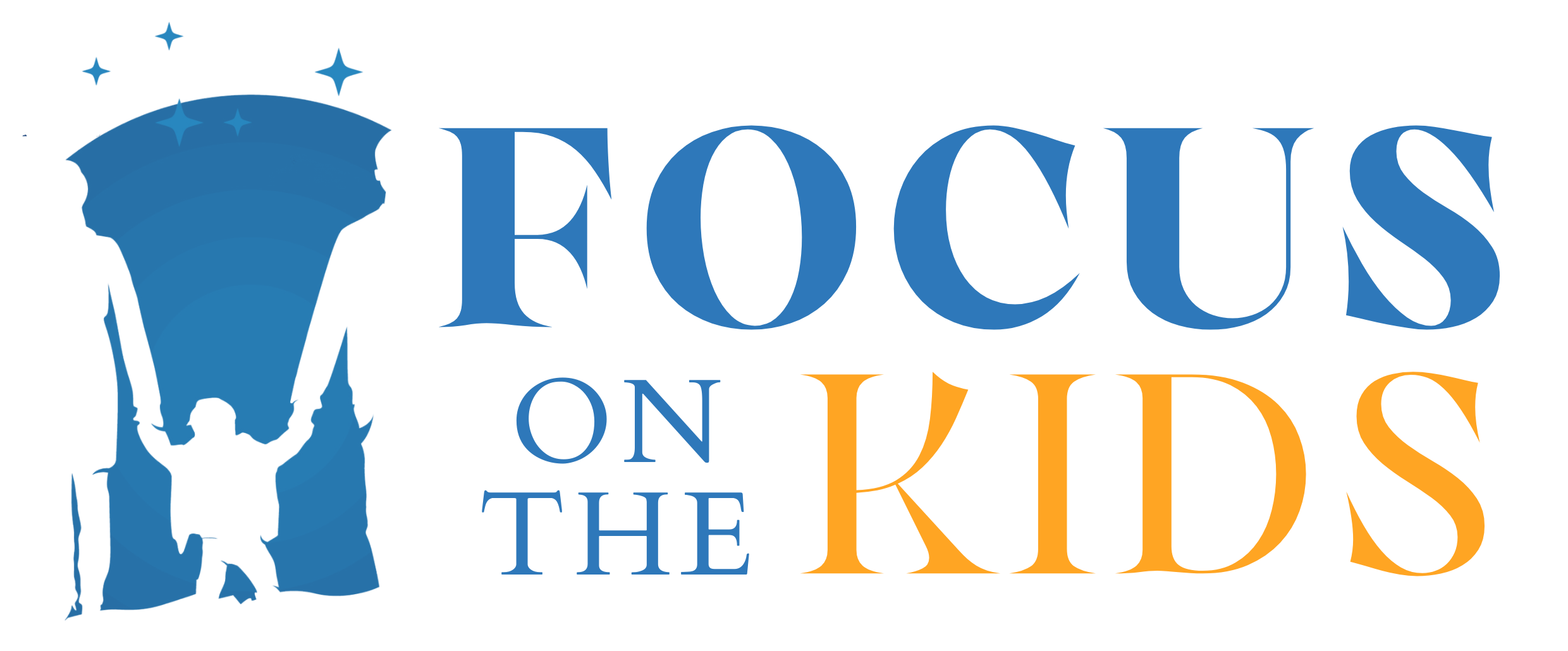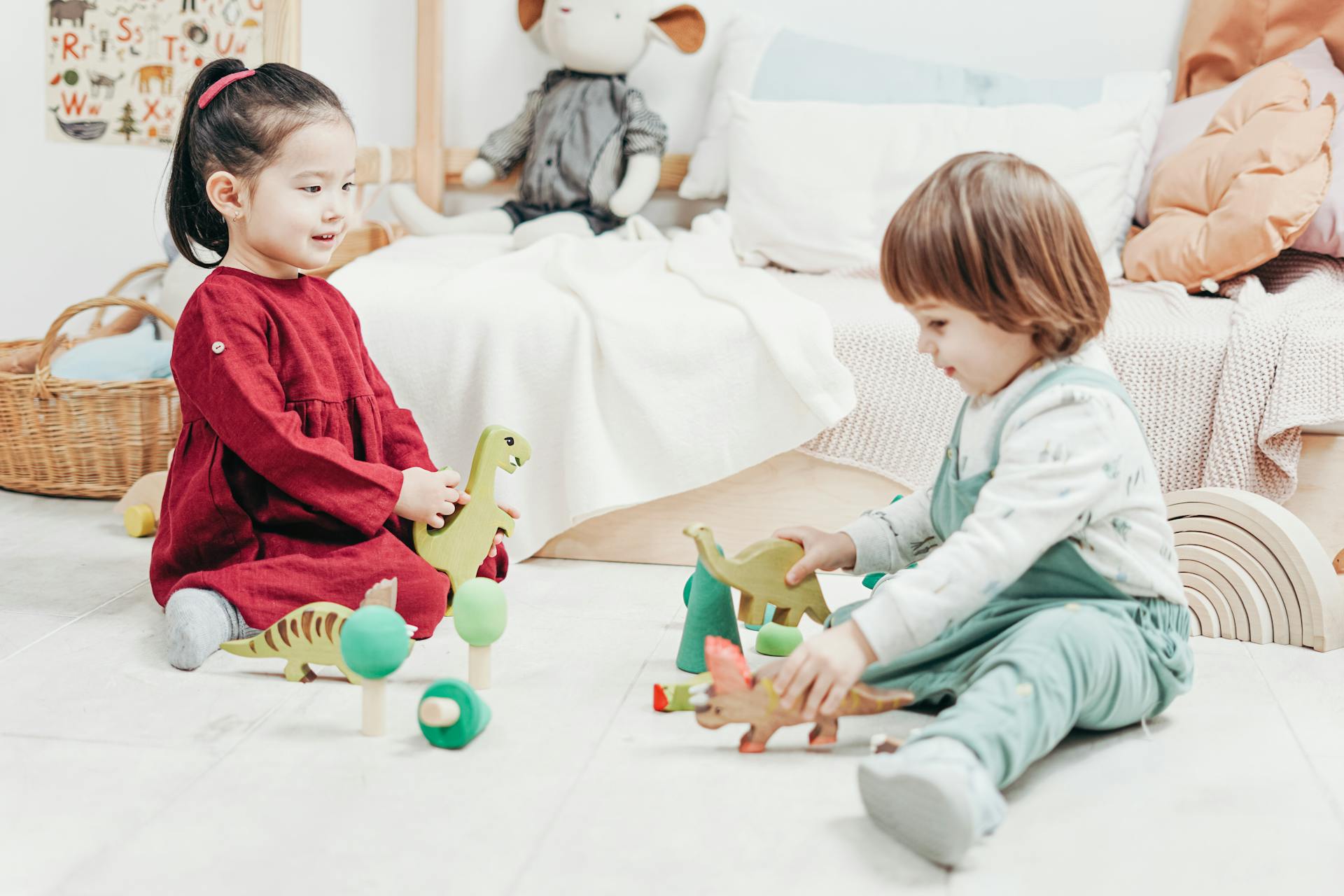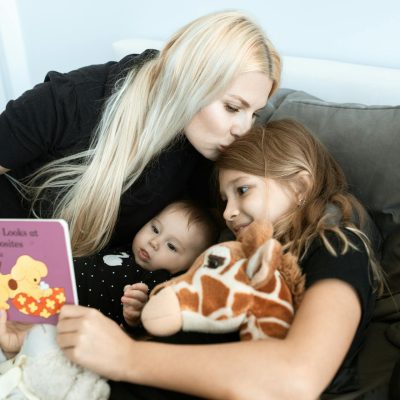Preschool years are a time of tremendous growth in children’s emotional development. Between the ages of 3 and 5, children begin to experience a wider range of emotions, understand how to manage those feelings, and develop essential social skills. As a parent, you play a critical role in nurturing your child’s emotional well-being and helping them navigate the complex world of emotions.
This article will explore the stages of emotional development in preschoolers, what behaviors to expect, and how you can support your child’s emotional growth during this crucial time.
1. What is Emotional Development in Preschoolers ?
Emotional development refers to the process through which children learn to recognize, express, and manage their emotions. It also encompasses the ability to understand others’ emotions and build social relationships. For preschoolers, emotional development is tied to both cognitive growth and social interactions.
During this stage, children :
- Begin to experience and express a wider variety of emotions.
- Learn to understand how emotions work (e.g., feeling sad when someone is hurt).
- Develop emotional regulation skills, such as managing frustration or waiting patiently.
- Form deeper connections with peers and adults.
2. Key Emotional Milestones in Preschoolers
Between the ages of 3 and 5, children hit several emotional milestones. These milestones can vary slightly from child to child, but here are some general trends you can expect:
3-Year-Olds :
- Developing Empathy : At this age, children start to recognize emotions in others. They may show concern when someone is upset and try to offer comfort, even if they don’t fully understand how to respond.
- Expression of Emotions : Three-year-olds tend to express emotions openly. This can lead to sudden outbursts, especially when they’re tired or frustrated. They may cry, laugh, or act out as a way to release built-up feelings.
- Learning Social Rules : At this stage, children start understanding basic social rules like sharing and taking turns, though they may struggle with consistently following them.
4-Year-Olds :
- Increased Self-Control : By age 4, children begin developing more self-regulation skills. They can better control their impulses, such as waiting their turn or stopping themselves from hitting when frustrated.
- Understanding of Emotions : Four-year-olds have a greater understanding of their emotions and can often verbalize how they feel. For example, they may say, “I’m mad because you took my toy.”
- Dealing with Fears : Many 4-year-olds start to experience fears, such as being afraid of the dark or monsters. This is a normal part of emotional development as their imagination expands.
5-Year-Olds :
- Complex Emotions : By age 5, children begin experiencing more complex emotions, such as jealousy, guilt, and pride. They start to develop a sense of self-awareness and understand how their actions affect others.
- Emotional Problem-Solving : Five-year-olds are better equipped to resolve conflicts using language rather than physical actions. They may negotiate with friends, express their needs more clearly, and seek compromises.
- Stronger Peer Relationships : Emotional development at this stage includes forming more meaningful friendships. Children begin to understand concepts like loyalty and fairness.
3. The Role of Play in Emotional Development
Play is one of the most important ways that preschoolers learn about emotions and social interactions. Through play, children experiment with different roles, relationships, and emotional responses. Here’s how different types of play contribute to emotional development :
Imaginative Play (Pretend Play)
Imaginative play allows children to explore different emotions and scenarios in a safe environment. For example, playing “house” lets them practice being a parent, helping them understand caregiving, responsibility, and empathy. This type of play can also help preschoolers process and express emotions like fear, excitement, or sadness.
Social Play
Playing with peers is essential for developing social-emotional skills. Children learn how to navigate group dynamics, resolve conflicts, and practice sharing and cooperation. Through social play, they begin to understand the importance of taking turns and respecting others’ feelings, laying the foundation for future relationships.
Physical Play
Physical activities, like running or playing tag, help children learn about emotional regulation. For example, if they lose a game, they may experience frustration or disappointment but also learn how to cope with those feelings in a healthy way.
4. Supporting Emotional Development in Preschoolers
As a parent, you have a significant influence on your preschooler’s emotional development. Here are some effective ways to support your child’s emotional growth during these formative years :
1. Encourage Emotional Expression
It’s essential to teach your child that all emotions are valid and that it’s okay to feel sad, angry, or frustrated. Encourage them to express their feelings using words rather than physical actions.
How to Implement :
- Label Emotions : Help your child identify their emotions by naming them. For example, “I see that you’re feeling frustrated because your tower fell down.”
- Model Emotional Expression : Let your child see how you manage your emotions. If you’re feeling upset, calmly explain why and how you’re dealing with it, such as, “I’m feeling tired, so I’m going to take a break to calm down.”
2. Practice Empathy
Teaching your preschooler empathy is crucial for their emotional and social development. Empathy helps children understand that others have feelings too, and it encourages kindness and cooperation.
How to Implement:
- Use Real-Life Examples : When your child sees someone upset, ask them how they think that person feels and what they could do to help. For example, “Your friend is sad because they lost their toy. What can we do to make them feel better?”
- Read Books About Emotions : Many children’s books focus on emotions and empathy. Reading these together can spark conversations about feelings and how to be compassionate toward others.
3. Help Them Manage Emotions
Emotional regulation is a skill that takes time to develop, and preschoolers need guidance to manage their emotions in a healthy way.
How to Implement :
- Teach Calming Techniques : When your child is upset, teach them simple calming techniques like deep breathing, counting to ten, or taking a break in a quiet space.
- Create a Safe Space for Emotions : Designate a calm corner in your home where your child can go to relax when they’re feeling overwhelmed. Include soft pillows, books, or calming toys to help them feel safe.
4. Encourage Problem-Solving
Learning how to solve problems on their own is an important part of emotional development. When children face challenges, encourage them to think of solutions instead of reacting impulsively.
How to Implement :
- Ask Guiding Questions : When your child is frustrated or upset, instead of jumping in to fix the problem, ask them questions like, “What do you think we can do to solve this?” or “How can we make it better?”
- Role-Play Scenarios : Use role-playing to practice different situations. For example, you can act out a scenario where your child’s toy is taken, and they have to decide how to react.
5. Promote Positive Social Interactions
Preschoolers are learning how to build relationships, so fostering positive interactions with peers is essential for their emotional development.
How to Implement :
- Encourage Cooperative Play : Provide opportunities for your child to engage in group activities where they can practice sharing, taking turns, and working together toward a common goal.
- Praise Positive Behavior : When your child handles a situation well—such as resolving a conflict with a friend—offer praise to reinforce the behavior. For example, “I’m proud of you for sharing your toy with your friend.”
5. Common Emotional Challenges in Preschoolers
While preschoolers are growing emotionally, they may face some challenges as they learn to navigate their emotions. Understanding these common challenges can help you provide the right support.
1. Tantrums
Tantrums are common in preschoolers, especially when they’re tired, frustrated, or unable to express their feelings. While tantrums can be overwhelming, they’re a normal part of emotional development.
How to Respond :
- Stay calm and patient. Acknowledge your child’s feelings but set clear limits. For example, “I know you’re upset, but we don’t hit.”
- Offer comfort after the tantrum has passed and encourage your child to talk about what they were feeling.
2. Separation Anxiety
Some preschoolers experience separation anxiety when away from their parents, especially in new environments like preschool or daycare.
How to Respond :
- Help your child feel secure by establishing a consistent goodbye routine. Reassure them that you’ll return and encourage them to talk about their feelings of fear or worry.
- Gradually increase time away in safe environments to help your child build confidence.
3. Fear of New Experiences
Preschoolers may be apprehensive about trying new things or meeting new people, as they’re still learning to manage their fears.
How to Respond :
- Offer gentle encouragement and praise your child for being brave when facing new experiences.
- Give them time to adjust at their own pace and avoid forcing them into situations that cause extreme distress.
Conclusion
Emotional development in preschoolers is a critical aspect of their overall growth, shaping their ability to handle emotions, form relationships, and navigate social situations. By understanding the key milestones, challenges, and ways to support your




